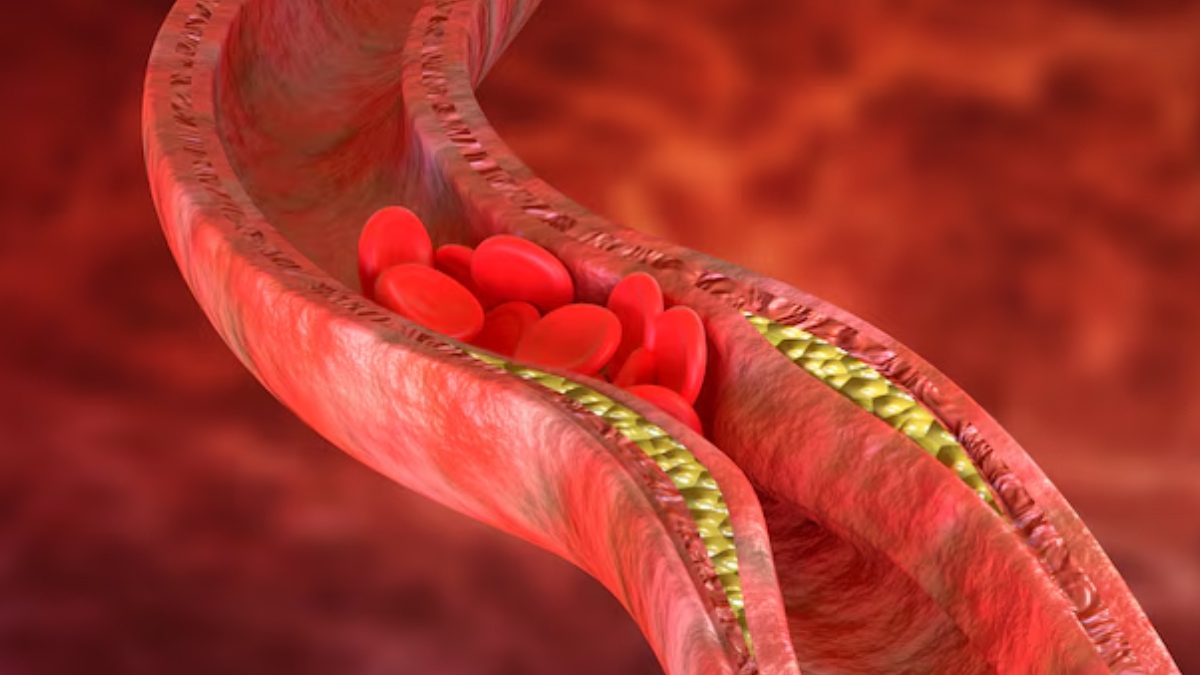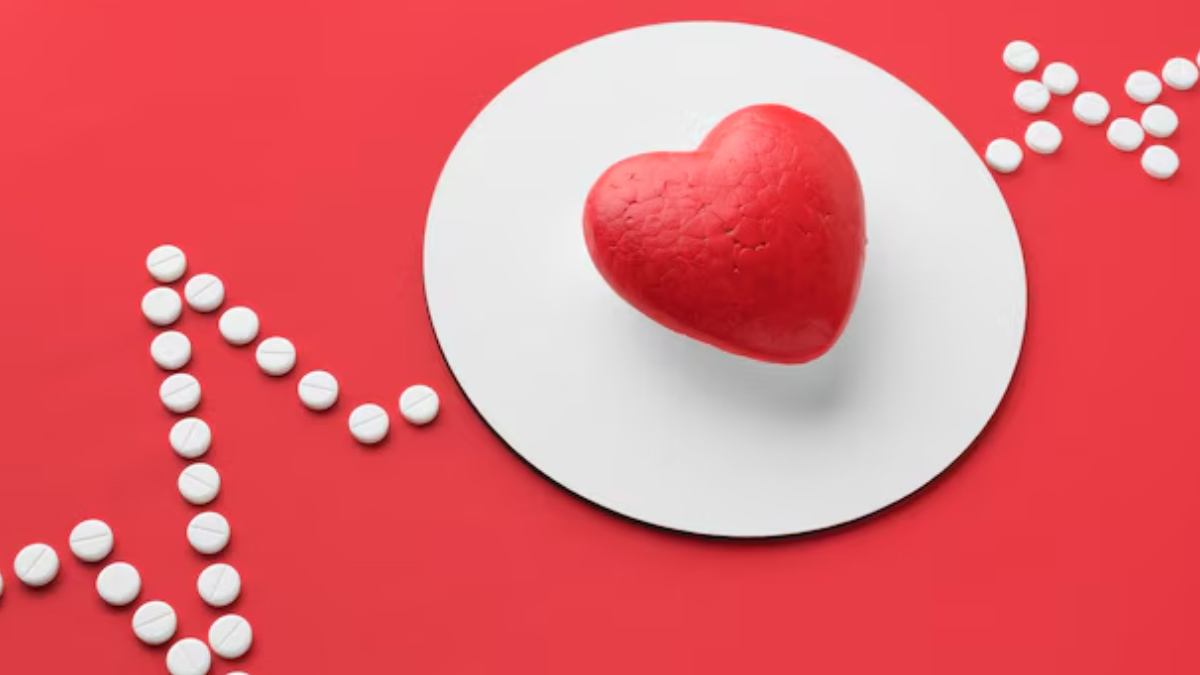
High cholesterol is one of the leading risk factors for Cardiovascular Diseases (CVDs). While not all cholesterol is bad, high levels of LDL, or Low-Density Lipoprotein cholesterol, can increase the risk of heart diseases.
Table of Content:-
According to the World Heart Federation, elevated total cholesterol affects approximately 39% of adults worldwide. In 2019, the number of Disability-Adjusted Life Years (DALYs) due to high cholesterol reached 9.86 crore. It also caused an estimated 40.4 lakh deaths.
While obesity is one of the biggest contributing factors of high cholesterol, it doesn't necessarily mean that thin people cannot develop it. To understand the risks, here's all you need to know about the connection.
Also Read: Cardiologist Reveals 5 Most Effective Ways To Protect Your Heart
Can Thin People Develop High Cholesterol?

According to the American Heart Association (AHA), one of the most common misconceptions about cholesterol is that thin people don't have it. While the health body notes that overweight people are more likely to have high cholesterol, thin people can be affected as well.
Dr Bhat says that cholesterol levels aren’t just about body weight; they’re influenced by a range of factors. "Genetics plays a big role, with some people inheriting a tendency to produce more cholesterol or have a condition like familial hypercholesterolaemia. Diet also matters; even slim individuals who eat a lot of saturated and trans fats, processed foods, or sugar can have elevated cholesterol."
Additionally, a sedentary lifestyle, smoking, and high stress levels can further increase risk, regardless of weight.
One should not rule out age and hormone changes, especially after menopause, as they too can affect cholesterol balance. Moreover, some people also have issues with how their bodies process cholesterol, independent of weight. "So, being thin doesn’t guarantee low cholesterol or protection from heart disease. That’s why it’s important for everyone, regardless of body size, to get regular cholesterol checks and focus on a heart-healthy lifestyle," Dr Bhat adds.
How To Know If A Person Has High Cholesterol?

High cholesterol isn’t always noticeable unless you take a test and the reports reveal so. It is one of the reasons why it is called ‘silent’.
According to Dr Bhat, the most common test to detect high cholesterol is a lipid profile or cholesterol test, which measures total cholesterol, LDL (bad cholesterol), HDL (good cholesterol), and triglycerides. “This simple blood test is usually done after fasting for 9–12 hours. Doctors recommend getting checked every few years, starting at age 20, or earlier if there’s a family history of heart disease.”
Additionally, you should watch out for visible signs like yellowish deposits around the eyes (xanthomas), which may appear in rare cases.
Lifestyle Changes To Reduce The Risk

There are several ways people can reduce their risk of high cholesterol. It starts with small changes.
Eating a healthy diet, with more focus on fruits, vegetables, whole grains, and healthy fats like those in nuts, seeds, and olive oil, while cutting back on red meat, fried foods, and processed snacks, is a great place to start. Regular physical activity, even a brisk 30-minute walk most days, can help raise good cholesterol and lower the bad.
Also Read: Boost Your Heart Health: Top 5 Cholesterol-Fighting Foods for Breakfast
Avoiding smoking and limiting alcohol also play a big role in protecting your heart. Managing stress and getting enough quality sleep can prevent habits that lead to unhealthy eating or inactivity.
For some, genetics can make cholesterol harder to manage, but even then, a healthy lifestyle can make a big difference. Regular check-ups and cholesterol tests help catch problems early. In some cases, your doctor may recommend medication if lifestyle changes alone aren’t enough. The key is consistency, not perfection, Dr Bhat emphasises.
Also watch this video
Read Next
Young, Fit, And At Risk? Heart Health Tests To Take Before Starting the Gym, Cardiologist Suggests
How we keep this article up to date:
We work with experts and keep a close eye on the latest in health and wellness. Whenever there is a new research or helpful information, we update our articles with accurate and useful advice.
Current Version
